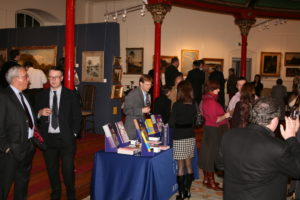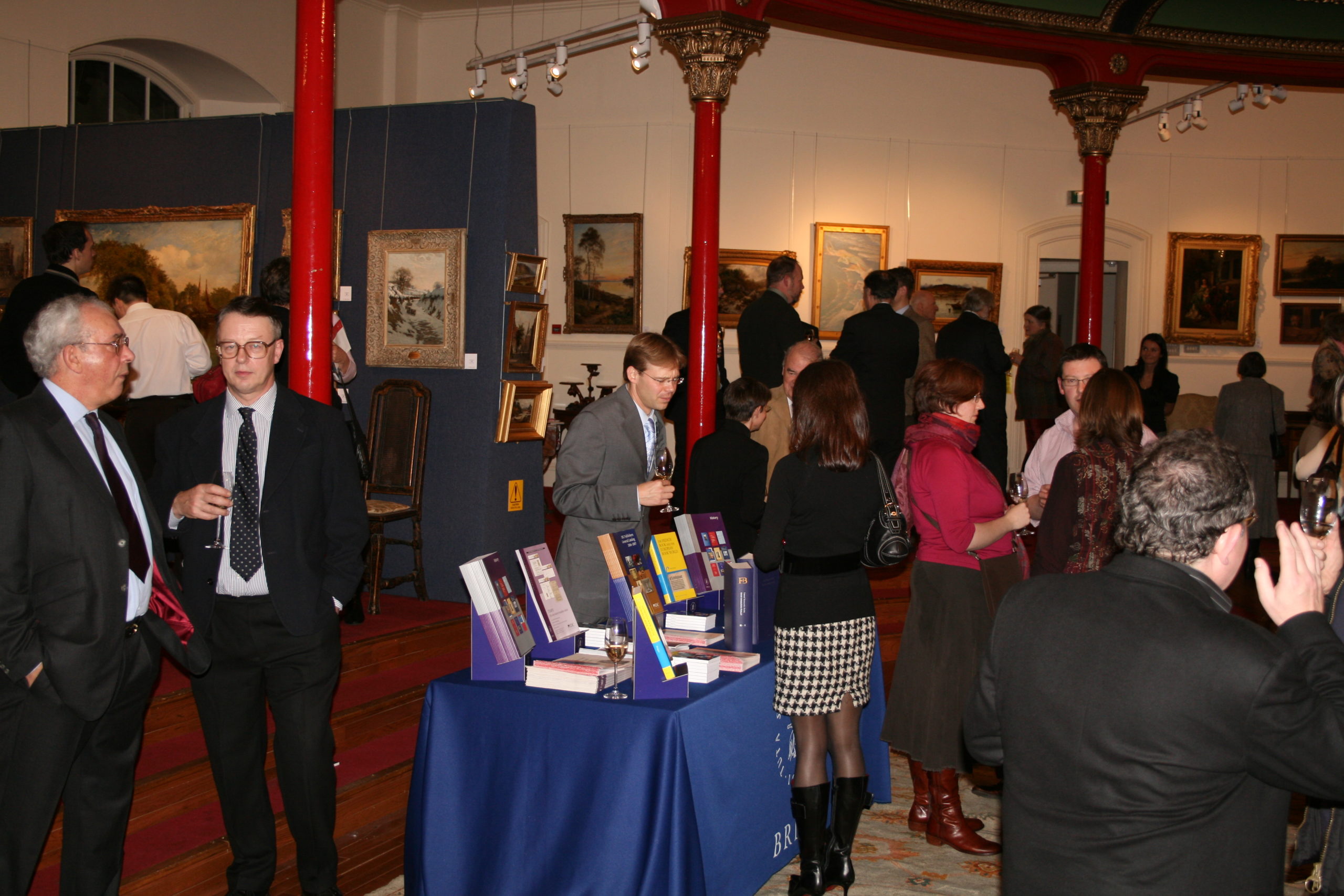The Universal Short Title Catalogue (USTC) as it is today began in 1995 as the ‘French Religious Book Project’. Initially exclusively focussing on, perhaps unsurprisingly, French books, the 26 ensuing years have seen School of History Professor Andrew Pettegree’s initiative expand dramatically in scope to include all books in every language printed up to 1650.
Building the database
The USTC has been sustained since its inception by a series of research grants from institutions including the British Academy, Arts and Humanities Research Council and the Andrew W. Mellon Foundation of New York, resulting in the longest sequence of grants won in open competition by any humanities project at the University. This funding, and the length of the project, have allowed the USTC to develop its research methods considerably.
At the very beginning, records would be collated by hand. This involved photocopying each relevant page from regional bibliographies, cutting out the individual entries, sorting them into chronological and alphabetical order, and sticking them into a steadily growing collection of large binders. Many of these bibliographies were only available in France, and so this work was largely completed on a series of field trips during the summer. The necessity of physical travel has not yet entirely been replaced by the convenience of the internet, as many crucial bibliographic records remain available in physical form only. As the scope of the project has grown, so too has the diversity of its field trips – as of 2020, USTC members have visited libraries and archives in over 130 towns and cities across the world. The almost countless number of sites visited in total will only increase as the project continues to grow.
One aspect which has changed with the advancing years is the process of database-building itself. The role of the glue stick has, to the ambivalence of its wielders, been replaced by the computer keyboard. Building databases in spreadsheets rather than binders has increased the pace of data collection significantly, allowed for much easier comparison of records, and (presumably) cost Pritt Stick the equivalent of a small car each year in lost sales.

The increasing advance of technology has brought several enhancements to the database from a user’s perspective. The USTC was made available to the public as a whole in 2011, when 362,000 records from the period 1450-1600 were displayed freely online for the first time. The next decade saw an expansion of the project to the year 1650, and a further expansion to 1700 will soon bring the number of distinct items listed to around 1.4 million.
The website has developed considerably since 2011, allowing users to filter search results by a host of categories including author, region and language. The swelling collections of digitised early print material means that in many cases, through its partnership with ProQuest, the USTC allows users to view digital editions of the books it records. Soon, as part of its commitment to enabling more diverse approaches to scholarship, the USTC will allow users to filter and view records based upon gender, becoming the first resource of its kind to do so and bringing its unique impact to an entire new field of research.
This resource has been well accepted by the book history community. The USTC website in recent months is consistently visited by over 10,000 people each week, with over 300,000 total unique visitors. It is also increasingly used in the commercial sector, with auction house Christie’s referencing the USTC for each of its catalogues of rare books and manuscripts from 2014 to 2018.
The USTC uses its influence to train future experts in book history. In keeping with the project title, the USTC summer programme has welcomed 42 young scholars from around the world since 2014. These scholars have since moved into a variety of posts in diverse locations around the world, including libraries in Italy, Prague and the US.
Visualisation of USTC’s global reach.
Perhaps the most impactful outcome of the USTC is Preserving the World’s Rarest Books. Begun in 2014, the project collaborates with 66 libraries from around the world, harnessing the USTC’s records of 4 million print copies to provide a list of their collections in order of rarity. While this is valuable in ensuring that rare books are not neglected in a larger collection, it also crucially underlines the importance of smaller libraries, who often contain many important works but do not have the perceived importance of their larger siblings. In making this service free, therefore, the impact of the USTC is not limited to larger cities, but truly universal.


